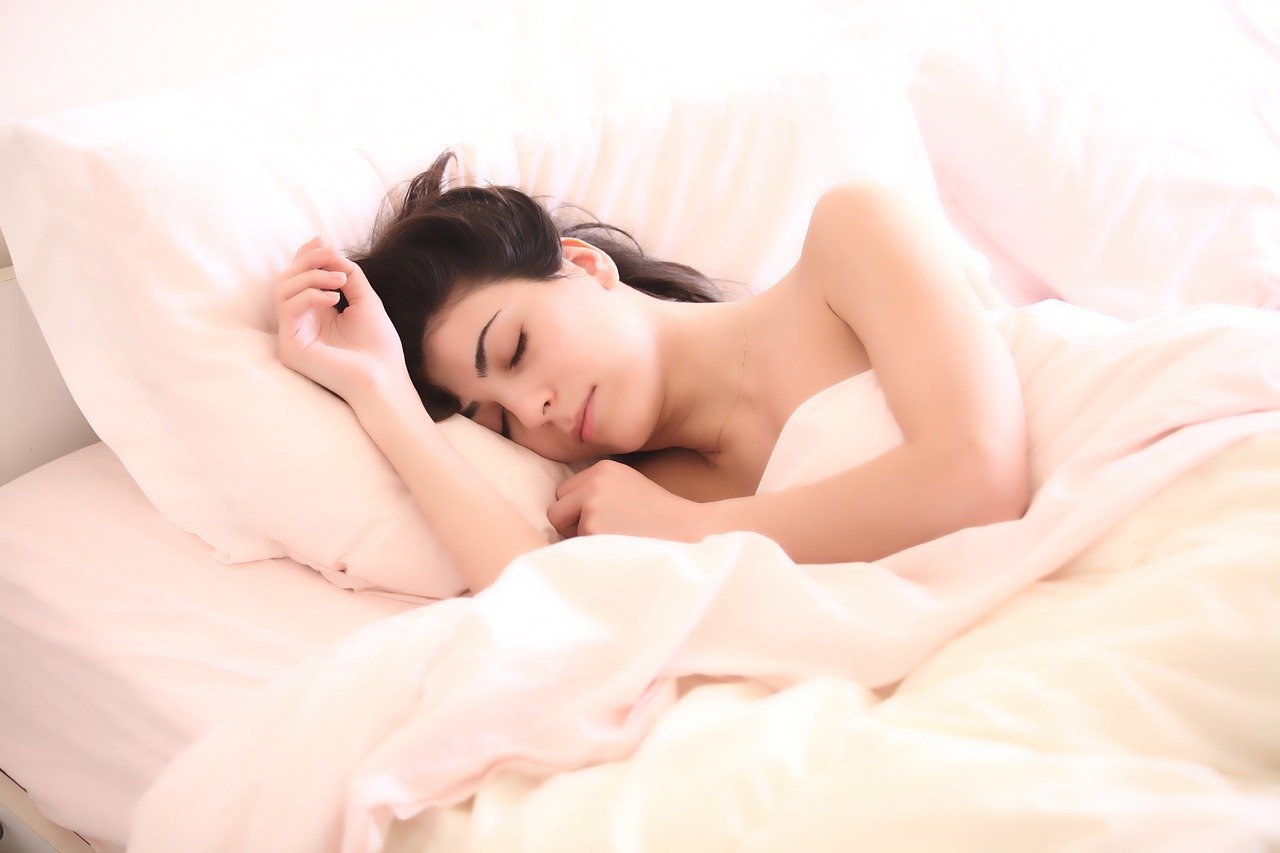Sleep apnea, also commonly written as sleep apnoea, is a sleep disorder wherein the throat is partially or completely obstructed throughout the night. There are many causes and aggravators of sleep apnea, including a narrow throat passage, obesity, or neuromuscular disorders.
But does sleep apnea differ in its symptoms, causes, and effects between children and adults? The short answer is yes, it does. Though there is overlap between the two age groups, there are also some striking differences. Let’s dive in.
Symptoms of sleep apnea: Children vs adults
Children and adults share many of the same symptoms of sleep apnea. These include snoring, frequent pauses in breathing, mouth dryness, a restless night of sleep, and choking, snorting, or coughing during the night.
However, one distinct difference between children and adults that have sleep apnea is that children may also suffer from night terrors or bedwetting, which could be embarrassing for them.
Effects of sleep apnea: Children vs adults
One of the biggest differences in how sleep apnea affects children and adults is how they have been affected the morning after.
For adults, daytime sleepiness is likely the most prominent symptom, as well as the possibility of general irritability. However, the ramifications for children are likely to be more long-term, including behavioural problems and hyperactivity that can negatively affect their social and school life.
If sleep apnea goes undiagnosed in children, this could also pose further problems down the line, including stunted growth in cognitive development.
Causes of sleep apnea: Children vs adults
Again, though the causes of sleep apnea are interchangeable between children and adults, there are some causes that are far more predominant in one age group over the other.
One of the leading causes of sleep apnea in adults is obesity or loose facial skin around the neck, as this can cause the airway to fold or tighten under the pressure. However, in children, the most likely cause of sleep apnea is an enlargement of the tonsils or adenoids.
If you’re looking for a sleep apnea mask to improve the quality of your sleep and minimise the presence of sleep apnea symptoms, look no further than the 3D printed CPAP masks by Apnea Seal. Browse our website today to find out more information or to get in touch.

